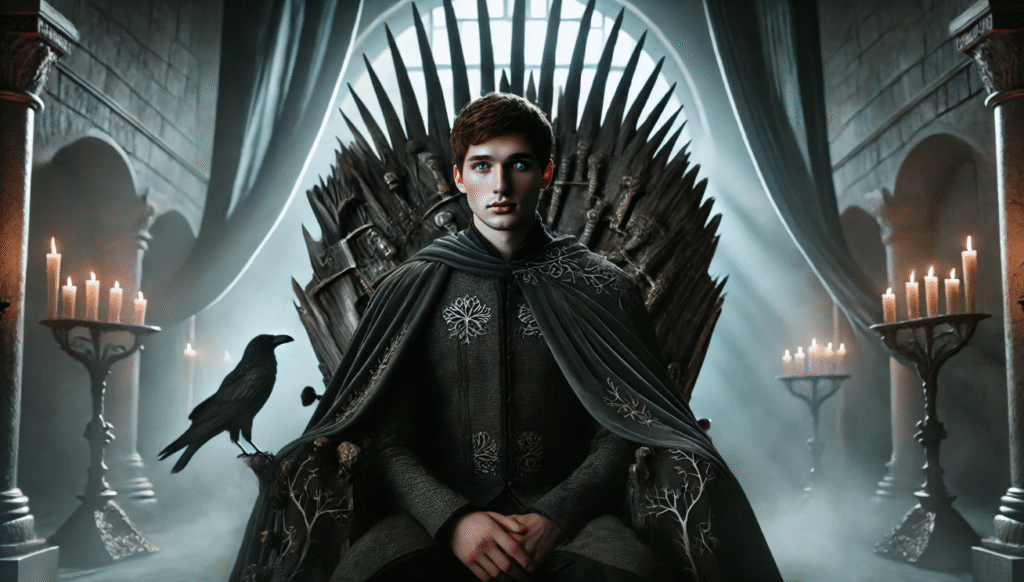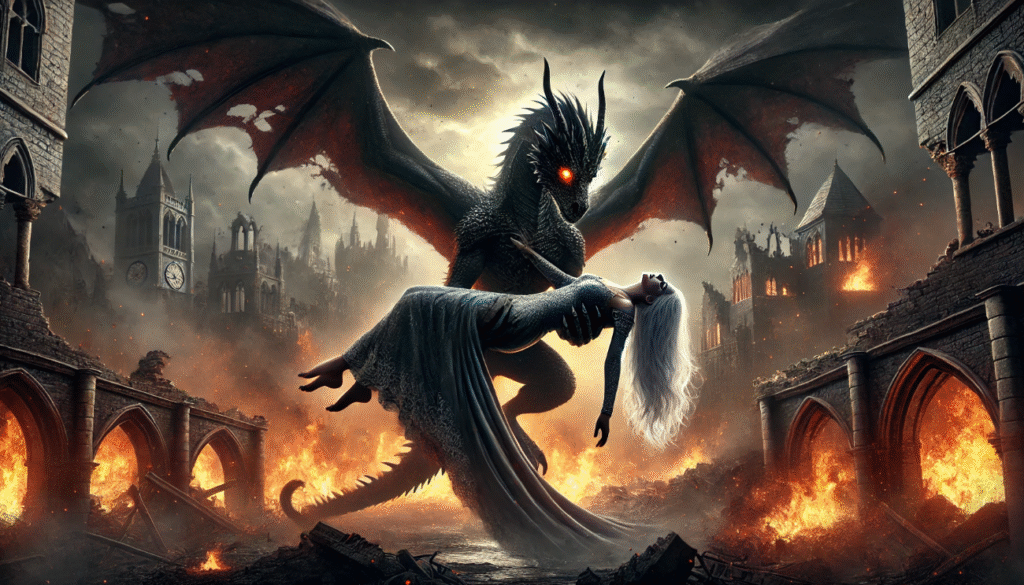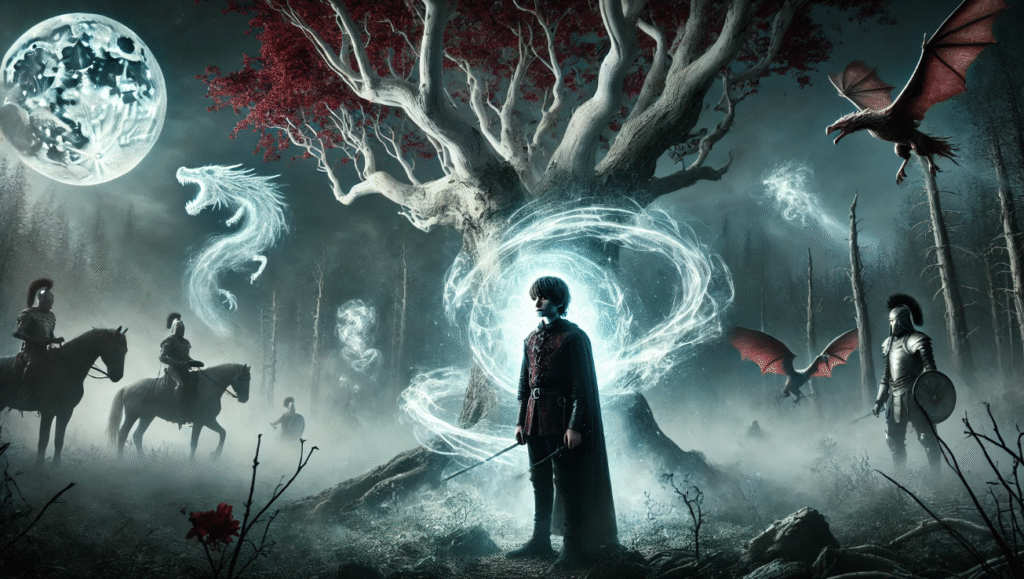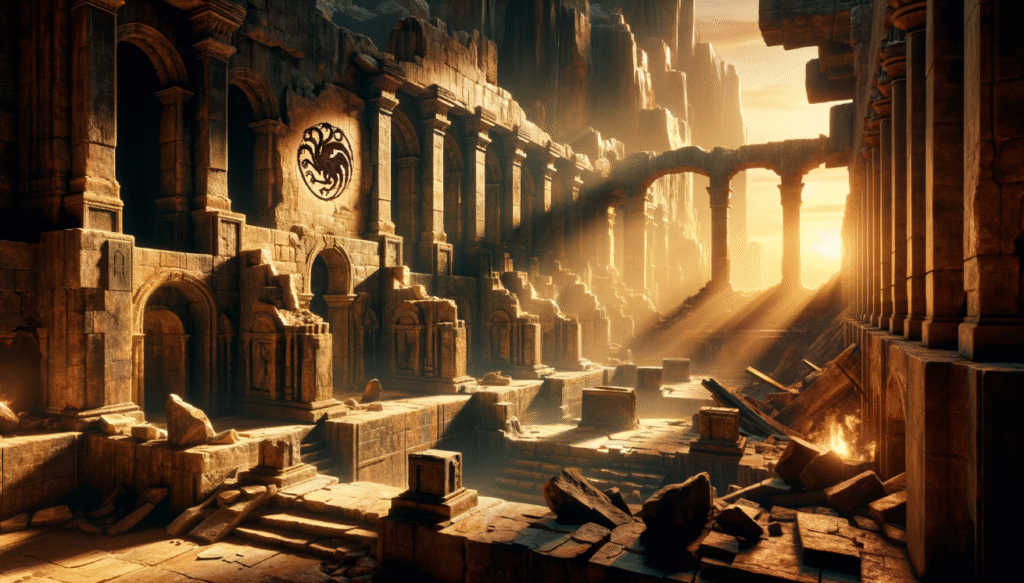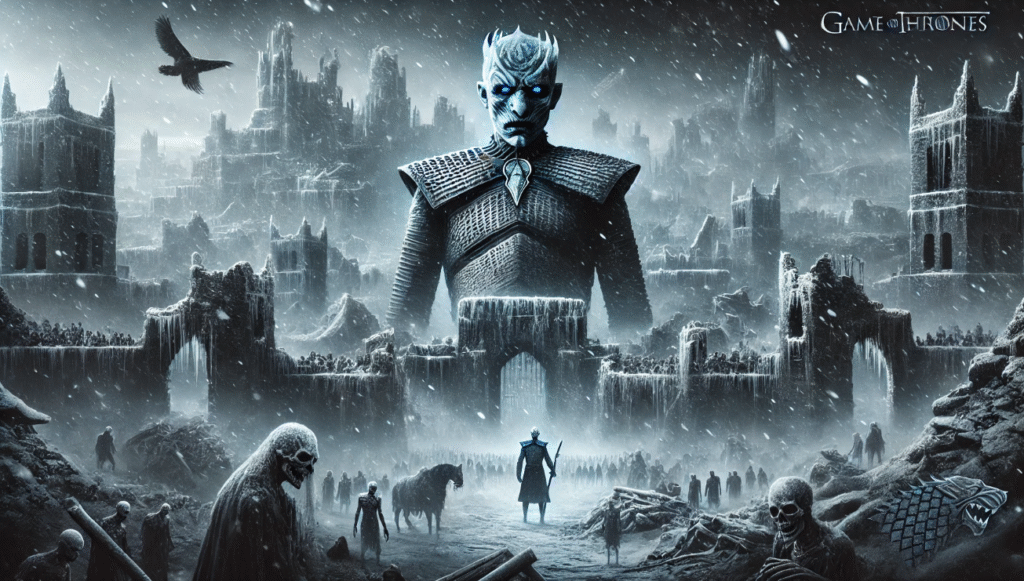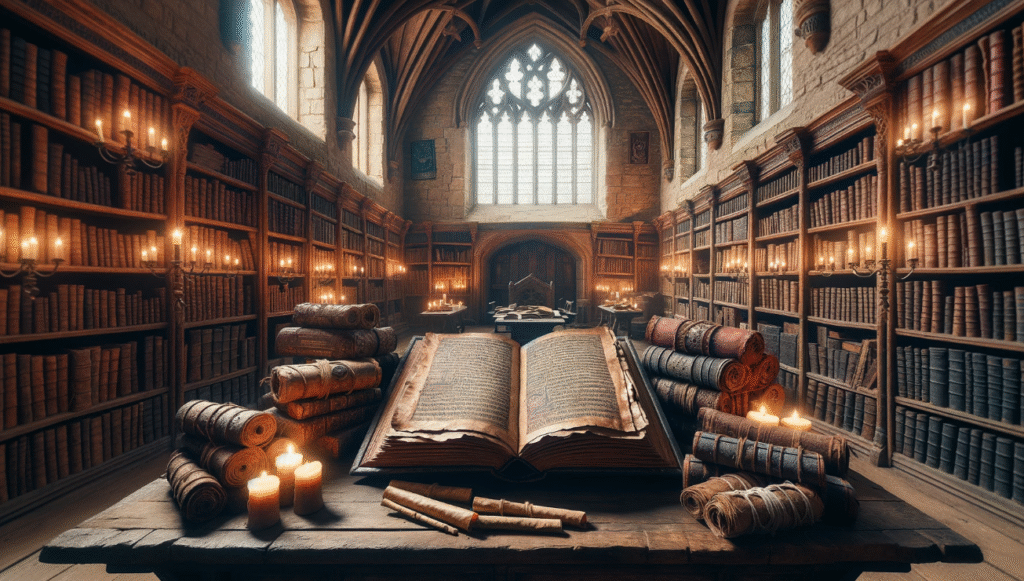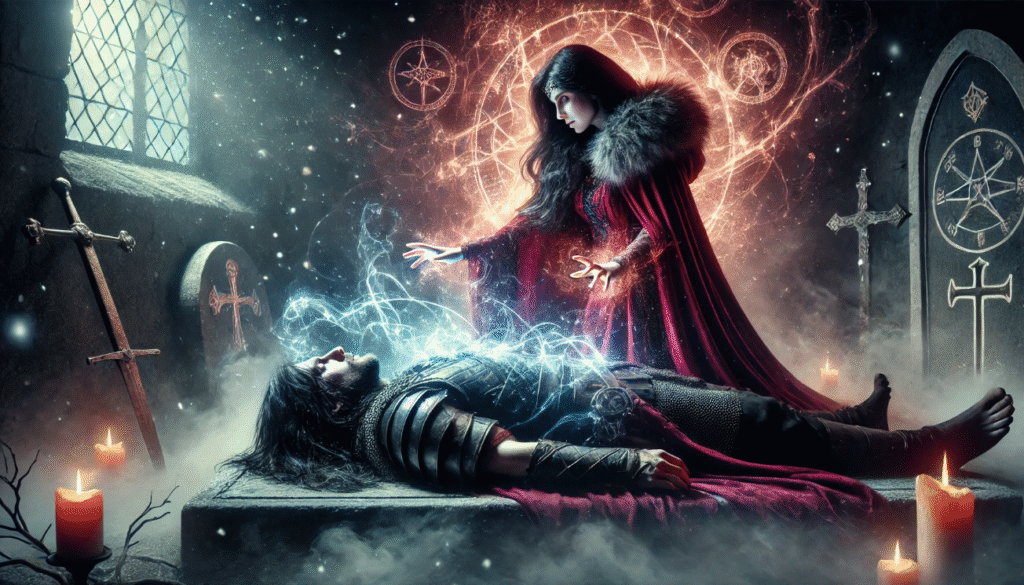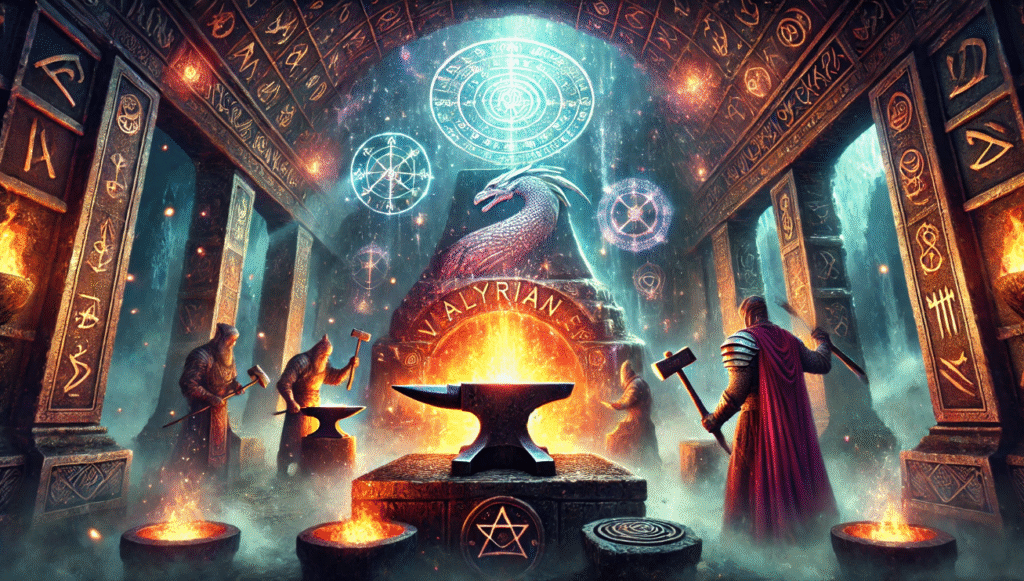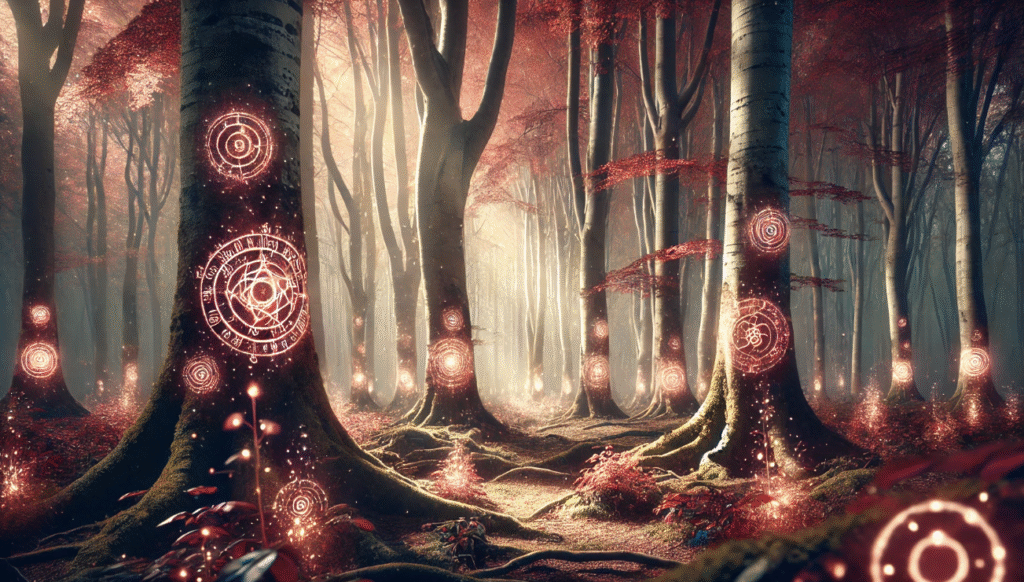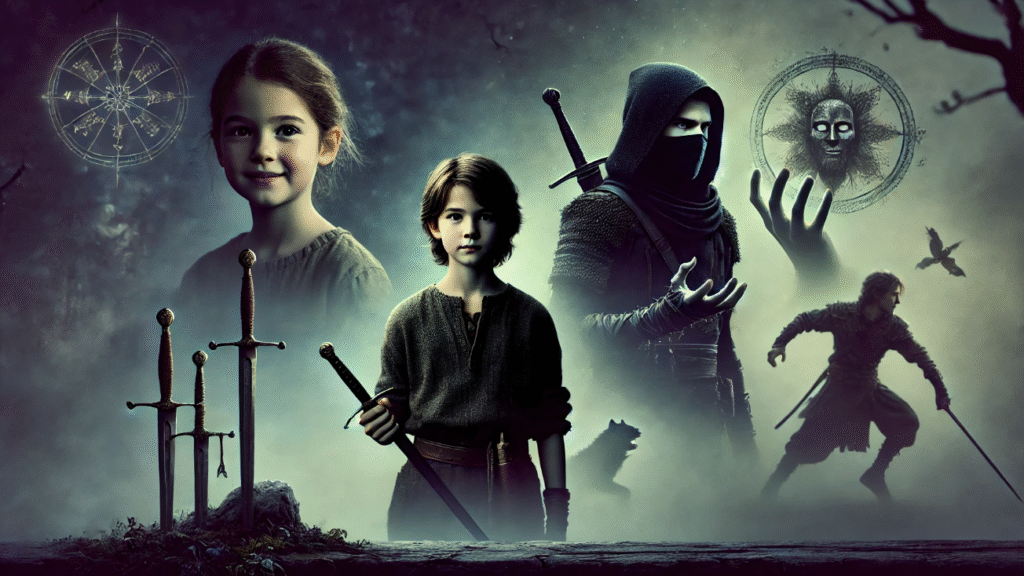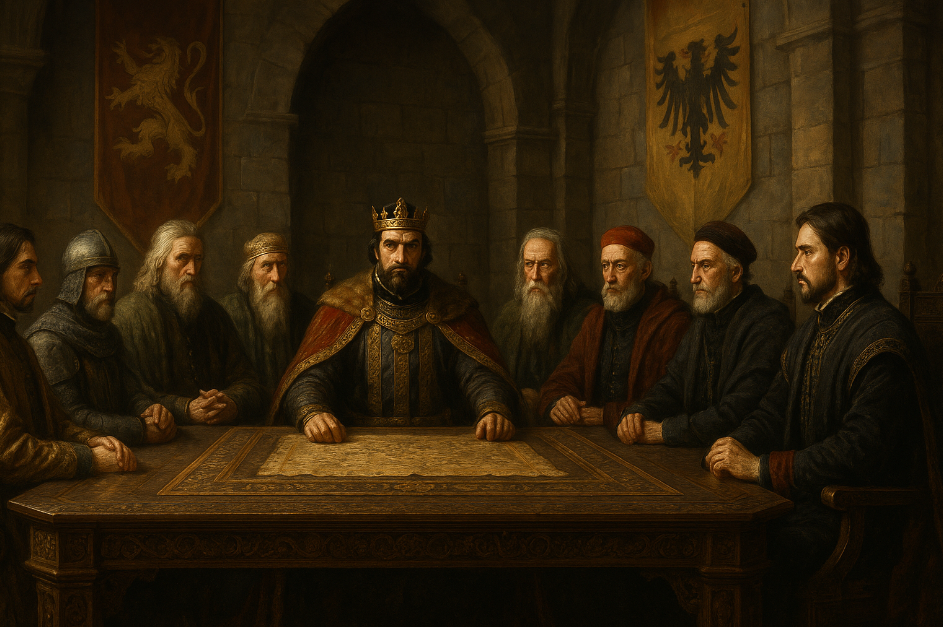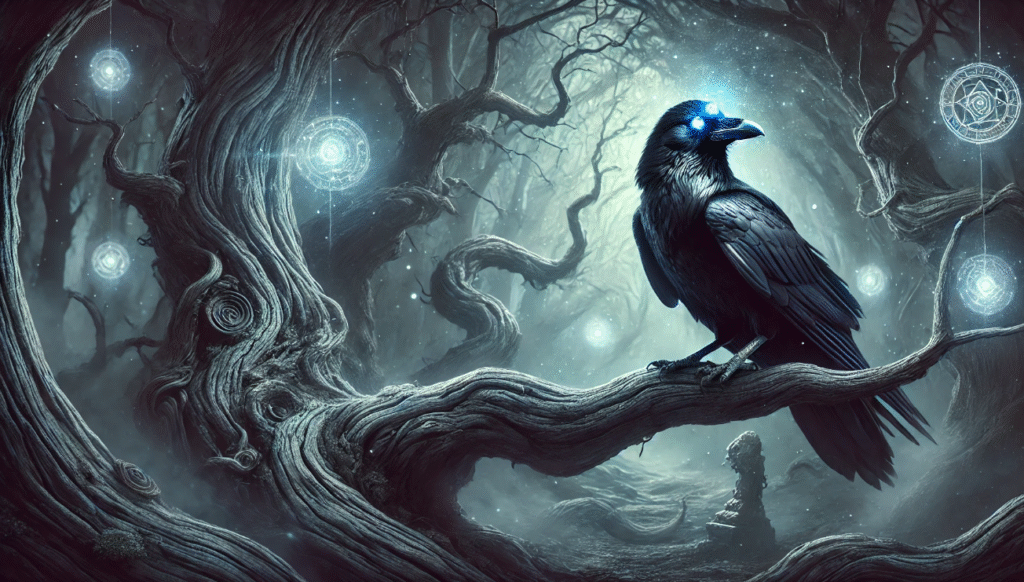
In the aftermath of war, dragons, and destiny, Westeros enters a new era under King Bran the Broken. His reign promises wisdom and peace, but one question lingers in the minds of many: Who will chronicle the events after Bran’s reign? The realm has long relied on maesters, scribes, and storytellers to preserve its triumphs and tragedies—but with a ruler who sees the past, present, and future, the future of storytelling itself may change. As the wheel breaks and a new order rises, the tale of Westeros is far from over. But who will be the one to tell it?
The Role of Chroniclers in Westeros
The chroniclers in Westeros have played a crucial role in documenting and preserving the history of the realm. The Maesters, who are trained at the Citadel, have long been the primary chroniclers of Westeros history. They are responsible for recording and interpreting historical events, as well as advising the noble families on matters of history and lore. The Citadel, located in Old Town, is the center of learning and knowledge in Westeros, and it is here that Maesters are trained in the arts of history, science, and medicine. The Maesters are also responsible for sending out ravens with important messages and news, further cementing their role as chroniclers of the realm.
Chronicling events is crucial in a world like Westeros because it helps preserve history and provide a record of past events. In a realm where politics, wars, and power shifts are common, having a detailed account of past events can help future generations learn from the mistakes and triumphs of the past. It also ensures that the true story of important events is not lost or distorted over time. By chronicling events, we can help future generations understand the complexities of the world they live in and make more informed decisions.
Official historians, such as maester in the world of Game of Thrones, are trained scholars who carefully record and preserve historical events with an emphasis on accuracy and objectivity. They often serve in formal capacities within institutions and are responsible for maintaining official records and chronicles. On the other hand, informal storytellers such as bards and poets rely on oral tradition and personal interpretation to share historical events through the lens of storytelling and entertainment. Their accounts may be more subjective and embellished, but they play a crucial role in keeping history alive through the art of storytelling. While both types of chroniclers contribute to our understanding of the past, it’s important to recognize the differences in their methods and purposes.

Bran Stark’s Impact on History
As the Three-Eyed Raven, Bran has gained a profound understanding of history that goes beyond what most people can comprehend. His ability to see past events and even glimpse into the future has given him a unique perspective on the world. This has altered his understanding of history in a significant way, as he is able to witness and comprehend events that have shaped the world in ways that others cannot. His role as the Three-Eyed Raven has truly expanded his knowledge and insight into the complexities of history and its impact on the present and future.
Bran’s reign as King of Westeros has the potential to significantly alter the course of history. As the Three-Eyed Raven, he possesses a unique perspective and understanding of the past, present, and future. His ability to see and influence events could lead to important changes in the realm. Whether his actions will be seen as a turning point in history remains to be seen, but it is clear that Bran’s influence on the present and future of Westeros will be substantial.
The role of the king in the historical record is a significant one, as the king often holds the power to shape the narrative of history. In the case of Bran, as a unique and powerful figure, he will have to make a decision on whether to take an active role in recording history or leave that task to others. This decision will have a lasting impact on how history is remembered and understood. It is important for Bran to carefully consider the influence he can have on future generations through his choices in recording historical events.

The Shift in Power and the Need for New Chroniclers
The decline of traditional power structures is evident with Bran’s ascension, as we witness a shift in the distribution of power. This includes the end of hereditary monarchy and the rise of democracy in the form of a council of Lords. This change reflects a move towards a more inclusive and representative form of governance, where power is no longer solely concentrated in the hands of a single ruling family. It marks a significant evolution in the political landscape and sets the stage for a more equitable and participatory system of leadership.
The changing political landscape can have a significant impact on who records history and how it is done. With shifts in government, chroniclers may find themselves beholden to a different ruling body, such as a council or a new form of rule. This could potentially influence the narratives and perspectives that are documented in historical records. As for potential new chroniclers, there are various groups that might rise to take on the chronicler role after Bran’s reign. This could include citizens who are passionate about preserving history, independent scholars with a keen interest in documenting events, or even bards and performers who have a unique storytelling ability.

The Future of Westeros’ Historical Records
The role of the Citadel and the Maesters is integral to the preservation and dissemination of knowledge and history in the realm. In light of the new political order, the Maesters may need to adapt to changes in leadership and power dynamics. It is possible that they may need to navigate shifting alliances and allegiances in order to maintain their influence and authority. However, the Maesters’ expertise in historical records and knowledge is likely to remain highly valued, regardless of changes in the political landscape. It is uncertain whether the Maesters will retain complete control over historical records, as the new political order may bring about shifts in power and influence.
The rise of new storytellers is an exciting development in the world of storytelling. As the dynamics of storytelling continue to change, it is clear that new opportunities are opening up for different types of storytelling. We are seeing a shift towards storytelling through music, plays, and even modern means like books and scrolls. This shift is allowing for a wider range of voices and perspectives to be heard, and is creating space for new and innovative storytelling techniques. It’s an exciting time for the world of storytelling, and we can’t wait to see what new storytellers will bring to the table.
Key Figures Who Could Chronicle the Events
As a potential chronicler, Samwell Tarly’s position at the Citadel and his close relationship with Jon Snow could indeed place him in a unique position to document the aftermath of Bran’s reign. His knowledge and access to historical records and texts could make him a valuable source for future generations seeking to understand the events of this time. Similarly, Tyrion Lannister’s mastery of words and his deep understanding of Westeros could make him a crucial figure in shaping the narrative of the future. His perspective and insights could be invaluable in recording and interpreting the events that unfold in the wake of Bran’s rule. Both Sam and Tyrion have the potential to play significant roles in chronicling the history and shaping the narrative of Westeros moving forward.
Podrick Payne, as a former squire who has witnessed many key events, could offer a unique perspective on Bran’s reign and its aftermath. His firsthand experiences and insights could provide valuable insight into the events that shaped the post-Bran era. Davos Seaworth, known for his pragmatism and loyalty, could become a crucial voice in recording the history of the post-Bran era. His unwavering dedication to duty and his ability to see things from a practical standpoint could make his contributions to historical records invaluable. Arya Stark, with her travels and experiences, may choose to chronicle the unknown lands beyond Westeros, providing a broader historical context to the events of the realm.

The Legacy of Bran Stark’s Reign in the History Books
It is difficult to predict how history will view Bran Stark’s reign, as it will largely depend on the chroniclers and historians of the future. Some may view him as a visionary king who brought about significant changes and advancements, while others may view his reign with skepticism, questioning the legitimacy of his rule and the decisions he made. Bran’s connection to the supernatural and the Three-Eyed Raven will likely play a significant role in how he is remembered. Future generations may mythologize his actions, turning him into a legendary figure with mystical powers. Alternatively, some may view his abilities with skepticism and doubt, questioning the true extent of his powers and the impact they had on his rule.

Conclusion
In the article, we discussed the uncertainty surrounding who will chronicle the events after Bran’s reign, and the importance of history in shaping future generations. We also highlighted the need for preserving history, whether through traditional means or new, emerging storytellers. It is crucial to recognize the value of preserving our history as it serves as a guide for future generations. Whether it is through written records, oral traditions, or digital storytelling, it is essential to ensure that the lessons and experiences of the past are not lost.

